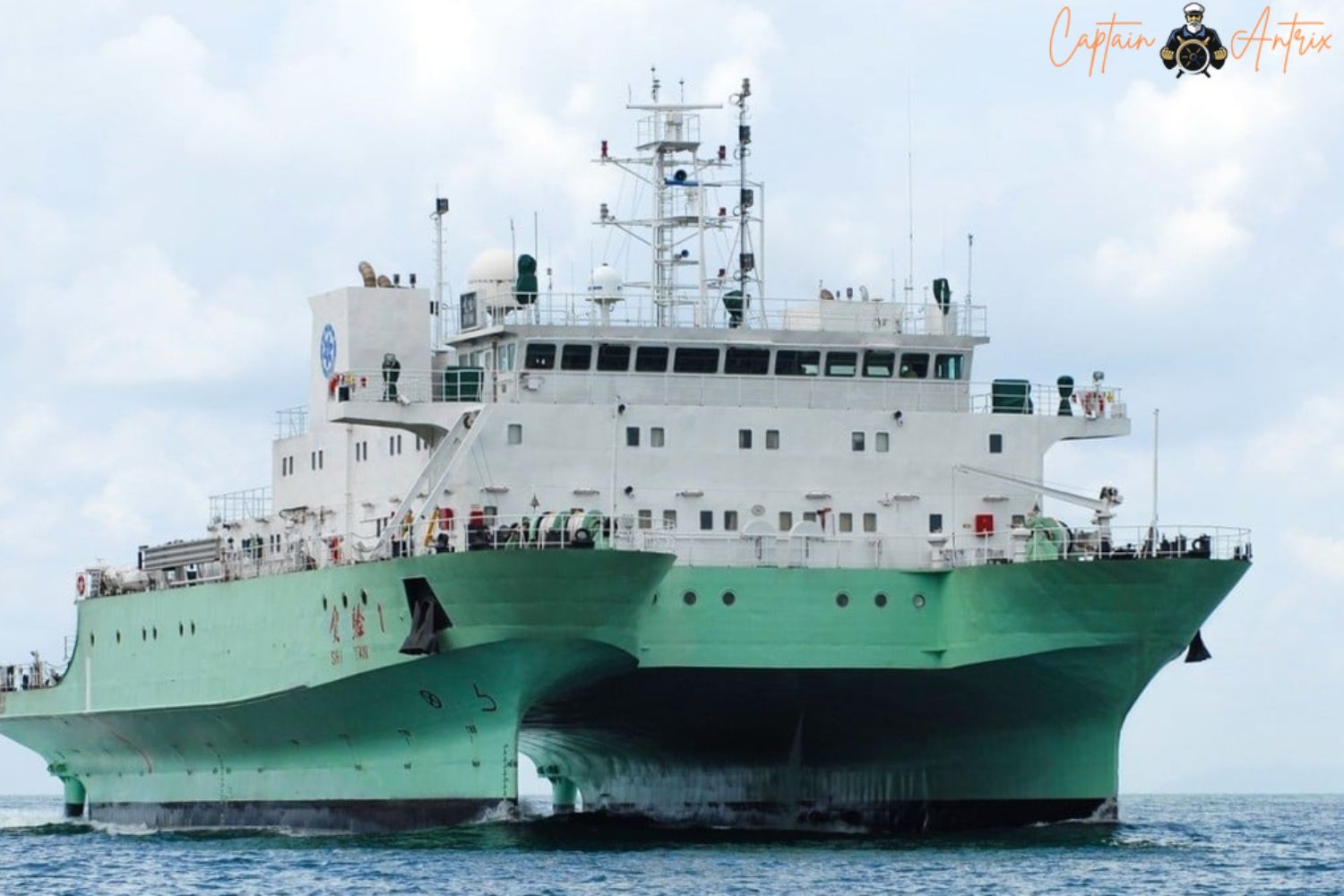
After a hiatus of over a year, the Sri Lankan Ministry of Defence has granted clearance for another Chinese ocean research vessel to dock at Colombo. The ship in question, named "Shi Yan 6," is set to embark on a nearly three-month-long mission in the eastern Indian Ocean region. This development underscores the complex nature of Chinese "research ships," which often serve dual purposes, raising concerns among other nations.
While the primary goal of these Chinese research vessels is scientific exploration, their secondary, and sometimes contentious, role revolves around geopolitical interests. In the case of the Shi Yan 6, a statement from the Chinese authorities emphasized its mission to "strengthen scientific research cooperation and exchanges with countries along the Maritime Silk Road and further realize the integration of science and education for the Belt and Road Initiative."
The arrival of the "Shi Yan 6" comes just one year after another Chinese research vessel, the Yuan Wang 5, docked at Hambantota port in August of the previous year. However, this docking had sparked security concerns and a diplomatic war of words between India, the United States, and China.

In response to these concerns, Sri Lanka did permit the docking of the Yuan Wang 5 but imposed certain restrictions. Notably, the Sri Lankan authorities stipulated that the vessel must keep its Automatic Identification System (AIS) switched on within its exclusive economic zone (EEZ) and refrain from conducting any scientific research during its stay.
The return of the "Shi Yan 6" reignites discussions about the geopolitical implications of such maritime activities, especially in the context of the Indian Ocean region. It highlights the intricate balance that countries like Sri Lanka must strike between facilitating scientific research cooperation and addressing the security concerns raised by regional and global powers.
As the "Shi Yan 6" embarks on its mission, there is likely to be increased scrutiny of its activities, not only from neighboring nations but also from the international community. The delicate interplay between scientific exploration and geopolitics continues to shape the dynamics of maritime affairs in the region, underscoring the need for vigilant diplomacy and cooperation in an increasingly interconnected world.
